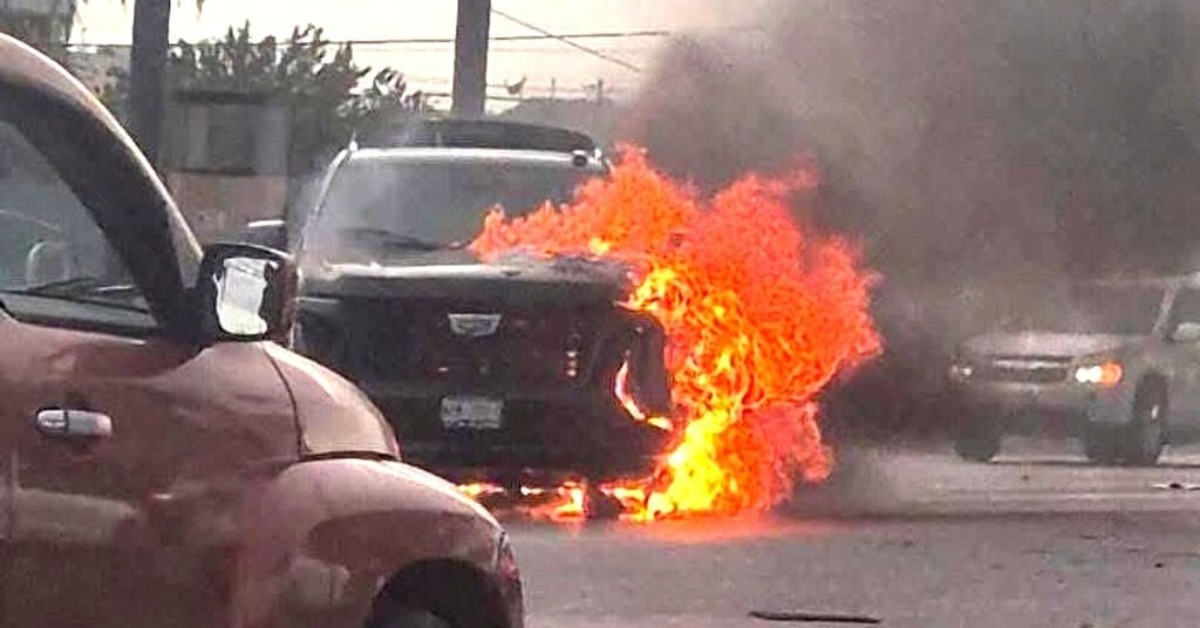Authorities believe the murder of an FGR delegate in Tamaulipas was retaliation for a fuel theft bust that seized 1.8 million liters . . .


Authorities believe the murder of an FGR delegate in Tamaulipas was retaliation for a fuel theft bust that seized 1.8 million liters . . .
